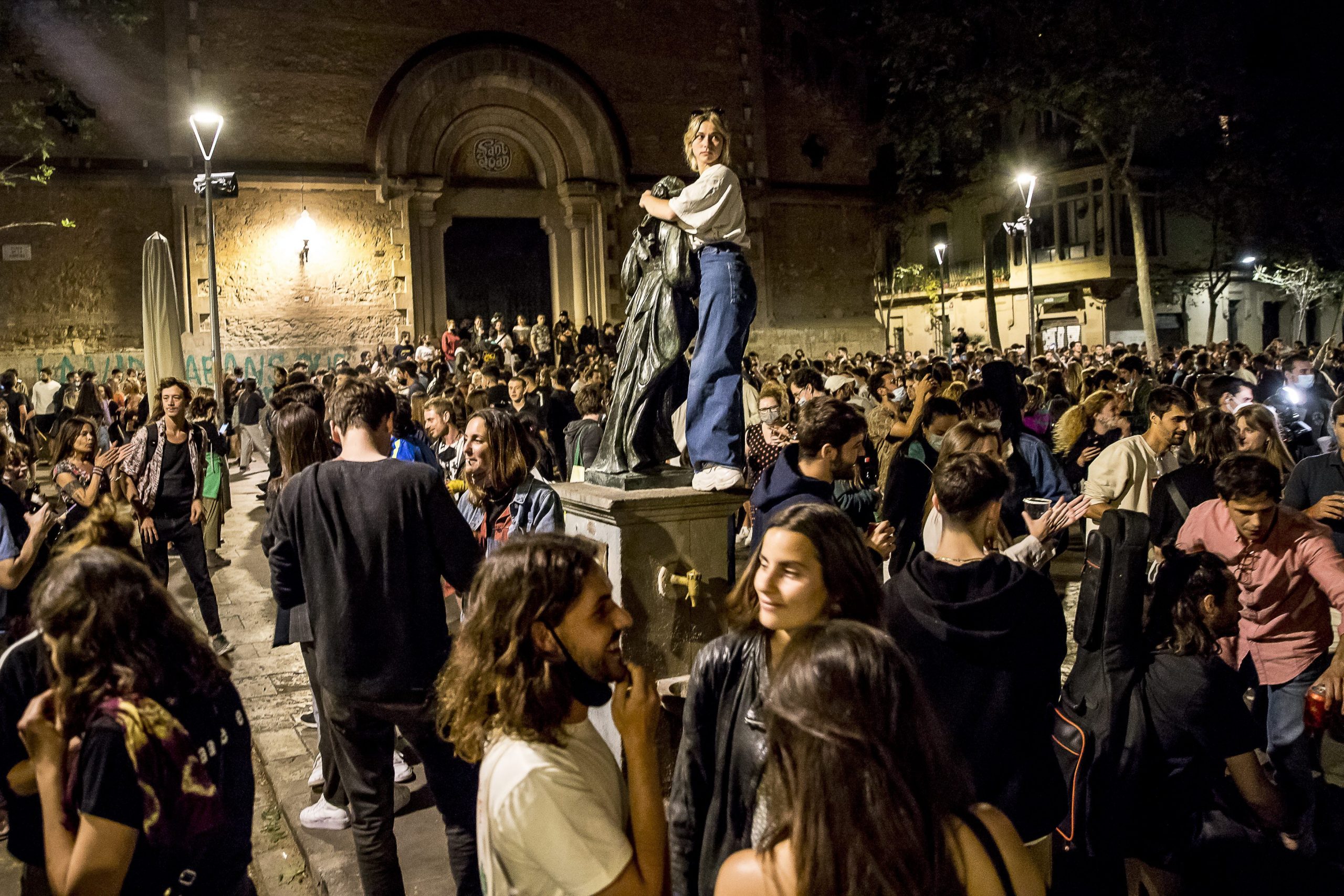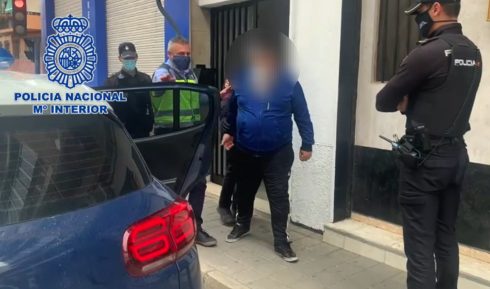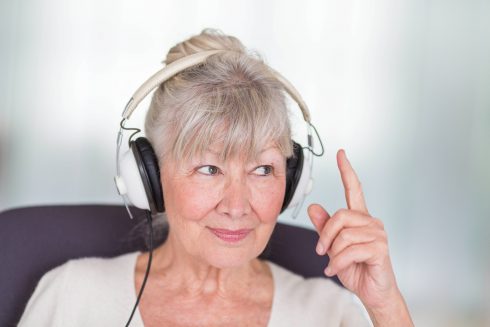SPAIN’S government has called for people to behave “responsibility” after a weekend marked by people celebrating the end to the state of alarm without masks or social distancing.
“The end of the state of emergency does not mean the end of restrictions. Far from it. The virus threat is still real,” Spain’s Justice Minister Juan Carlos Campo insisted in an opinion piece published in El Pais on Monday.
“That’s why the authorities will continue to take action and the public must keep on behaving responsibly,” he wrote.
His warning came after a state of alarm that had been in place for six months expired at midnight on Saturday bringing an end to curfews and restrictions on travelling across regional borders, and caps on the numbers allowed to meet in a group.
After months of these restrictions people took advantage of the new freedom to dance in the street, take part in botellones (drinking in the street) many without wearing masks or maintaining social distancing.
Spain’s television stations broadcast images of crowds of revellers meeting in city squares in scenes reminiscent of festivities usually seen on New Year’s Eve.
Speaking about the images during an official visit to Greece, Spain’s Prime Minister Pedro Sanchez warned against “lowering our guard”.
“Vaccination is progressing well, with very positive results,” he said, but “the virus continues to circulate and we must maintain barriers.”
However, his government has come under a barrage of criticism for lifting the state of alarm without a nationwide de-escalation plan in place.
Instead, each of Spain’s 17 autonomous regions have to individually ask the courts to approve restrictions they deem necessary in their territories.
This led to mass confusion on Saturday night with many citizens having no idea what the new rules were in their regions.
In Cordoba, a bar owner described the chaos. “We have a curfew in place at 11pm so must stop serving, clear the bar and pack away the tables on the terraza,” the owner of Café Malaga, a popular live music venue, told the Olive Press.
“But with the state of emergency lifting at midnight, I suppose that if we wanted, we could reopen again and start serving, meanwhile during that ‘dead hour’ people will stand around outside with their drinks in plastic cups”.
Andalucia announced on Tuesday that it is considering reinstating the curfew, while the Balearic Islands and Valencia region have already gone to the courts to impose new measures.
READ MORE:
- EXPLAINED: The new Costa Blanca and Valencia restrictions after Spain’s State of Alarm ends
- MUST READ: New coronavirus restrictions for Spain’s Balearic Islands
The government faced fierce criticism not only from opposition parties and regional authorities but also health officials over their handling of the end of the state of alarm.
“Sánchez bears sole responsibility for these gatherings,” said right-wing opposition leader Pablo Casado despite a resounding win by his Popular Party in Madrid where the leader Isabel Ayuso, stood on an anti-lockdown ticket.
He accused the government of failing to have to a back-up plan. “With Sánchez, we’ve gone from a state of emergency to a state of chaos.”
Meanwhile, medics voiced concern that such celebrations could set the country back after more than a year fighting a disease that has at times overwhelmed Spain’s health system.
“Saturday night’s images are deeply saddening after the hard and difficult year we have been through,” said Javier Millan, a spokesman for Spain’s ER doctor’s association SEMES.
But Spain’s government insists there are sufficient provisions in place within the law for regions to manage their own restrictions through courts in their own regions.
Appeals can be made to the Supreme Court which will have the final say.
READ MORE:
- Explainer: What we know about Andalucia’s three-phase plan for the progressive de-escalation of COVID-19 measures
- PARTY-TIME: Revellers take to streets in Spain’s Madrid and Barcelona as COVID-19 restrictions end
- EXPLAINED: The new Costa Blanca and Valencia restrictions after Spain’s State of Alarm ends








